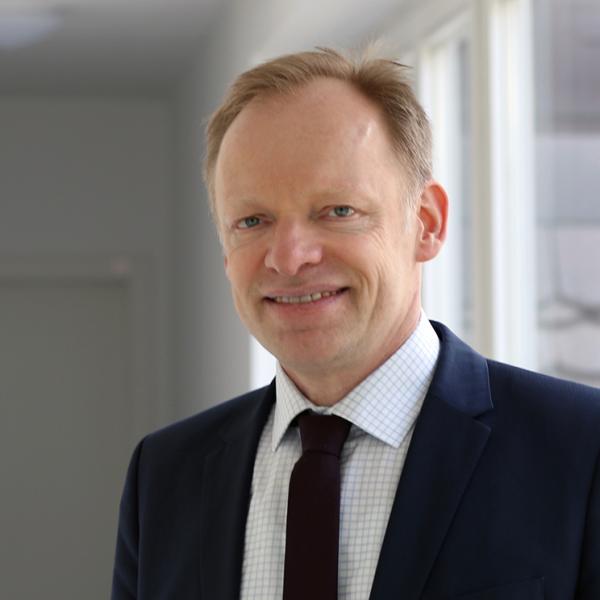ifo Institute and Helmholtz Infection Researchers Favor Limited, Gradual Opening in Germany
The ifo Institute and the Helmholtz Centre for Infection Research (HZI) have called for a “prudent, step-by-step opening process” in the coronavirus crisis. They recommend that the policy should be to do more testing to limit the increase in infections as the lockdown is progressively eased. “These measures are essential to limit the health and economic costs of the pandemic,” says a joint study by the two institutes.
“The strategy of prudent, step-by-step relaxation is preferable not only in terms of health policy but also economically,” say ifo President Clemens Fuest and the Head of the Systems Immunology Department at the HZI, Michael Meyer-Hermann. “If policymakers allow more economic activity in the short term, our simulation analyses show that this extends the restrictions phase to such a degree that the overall costs increase.”
Based on the situation on April 20, epidemiological and economic calculations showed that a slight relaxation at most would be suitable to minimize the economic costs without jeopardizing the medical objectives. “It is not true, however, that a very rapid relaxation generates economic benefits and therefore conflicts with health policy objectives. Against this backdrop, it is in the common interest of our health and the economy to be cautious in relaxing the restrictions and to monitor very closely how infection rates develop.”
If testing capacity were significantly expanded and more testing staff were hired, cases could be detected early and new chains of infection prevented. The assumption for the calculations is that infections can be limited to 300 per day in Germany without significant contact restrictions and thus economic performance is hardly affected.
If the infection rate remains at 0.627 and if the closures that were in place until April 20 were maintained, the scenarios would result in a total loss of value added of almost EUR 333 billion over the years 2020 and 2021. The bulk of this – just under EUR 288 billion – would occur in 2020, equivalent to 8.8 percent of the year’s economic output. The remaining EUR 45 billion would affect 2021, equivalent to 1.4 percent of that year’s economic output.
In contrast, a slight loosening of restrictions that push the infection rate up to 0.75 would actually increase value added by some EUR 26 billion. This would correspond to a reduction in economic costs of 0.4 percentage points.
Opening up further with an infection rate of 1 would, on the other hand, entail considerably higher economic costs.
Meanwhile, a tightening of measures would push up economic costs under any scenario. Achieving an infection rate of 0.5 would cause additional economic costs of 1.1 percent of the economic output of 2020 and 2021, which corresponds to EUR 77 billion. Getting the infection rate down to 0.1 would trigger economic costs of 4.2 percent or EUR 277 billion.
If the restrictions in force until April 20, 2020 are maintained, the predicted number of additional deaths is 5,000. This number decreases only slightly at low infection rates, but rises sharply at a rate of 0.9 and above, reaching more than 20,000 additional deaths at 1.0.
In determining the course of action that is most economically favorable while still being consistent with further containment of the epidemic, then, it is certainly preferable from an economic point of view to ease restrictions slightly compared with the measures in force on April 20, 2020 than to opt for further tightening. Significant loosening is not recommended from either a health or an economic standpoint.
Publication (in German)
In the Common Interest of Health and Economy: A Scenario Calculation for Containing the Coronavirus Pandemic
ifo Institute, Munich, 2020
ifo Schnelldienst digital, 2020, 1, No. 06, 01-09
Questions can be directed to:
Prof. Dr. Clemens Fuest, 089/ 9224 1257; fuest@ifo.de
Prof. Dr. Michael Meyer-Hermann, 0531/61815400; michael.meyer-hermann@helmholtz-hzi.de

